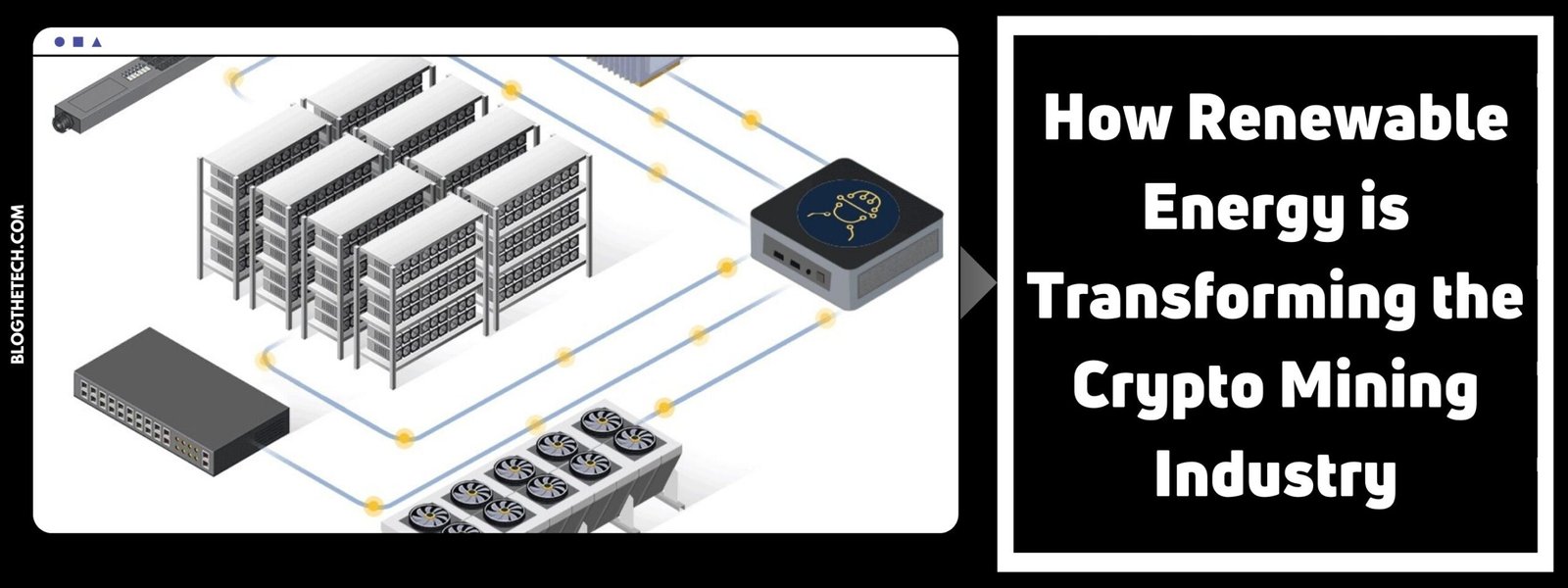Modern banking often struggles to keep up with the digital needs of tech-savvy people. However, Decentralised Finance is a revolutionary trend that is changing the financial world. In today’s connected world, this idea is more than just a tech buzzword; it is a major shift in how we think about managing our money.
We will look at the many layers of decentralised finance, how it affects cybersecurity, and how new technologies are making it easier for more people to use.
The Rise of Decentralized Finance
As opposed to traditional financial systems, Decentralised Finance (DeFi) is a huge step towards a more open, accessible, and clear financial ecosystem. DeFi does not need middlemen like banks because it uses blockchain technology to enable transactions and financial services to happen directly between parties.
At its core, DeFi uses smart contracts on blockchains, mainly Ethereum, to make sure that financial transactions are carried out automatically and in line with rules that have already been set. This automation not only cuts costs and boosts efficiency, but it also lets anyone with internet access use financial services, no matter where they live or how much money they have.
The Disruptive Effects and Challenges of DeFi
DeFi is not just a technology; it is also a movement that spreads freedom of money and power to everyone. The system is based on the idea that users should have full access to and control over their assets. DeFi, on the other hand, promises to spread wealth around and lower the risks that come with centralised institutions, but it is not perfect.
It is very important to keep things safe because smart contracts can have bugs and hackers love new infrastructure. Also, the regulatory landscape is still not clear, which makes things uncertain for users and could lead to legal problems. Even with these problems, DeFi is still very appealing because it could give everyone free access to financial services.
Cyber Hygiene with VPNs

As the DeFi ecosystem grows, so does the need for strong security measures online. Using VPNs for good cyber hygiene is now necessary to protect personal information and transactions in the DeFi space. Virtual Private Networks, or VPNs, are a great way to keep your digital footprints safe from people who want to look at them.
VPNs keep hackers and government agencies from seeing what users do with their money on DeFi platforms by encrypting data and hiding IP addresses. It is very important to have this level of security in decentralised finance because privacy and safety are very important.
As we continue to use DeFi and its benefits, it will be important to follow good cyber hygiene to keep the digital finance environment safe and stable.
Integration with Other Emerging Technologies
It is not like Decentralised Finance (DeFi) is growing in a vacuum. Other cutting-edge technologies are helping to shape its development, which makes it more useful and expands its uses. Machine learning and artificial intelligence (AI) are very important for figuring out market trends and making hard decisions automatically.
At the same time, Internet of Things (IoT) devices are making real-time financial transactions easier and more seamless. These integrations not only add to the features of DeFi platforms, but they also make them easier to understand and use, which leads to more sectors adopting them.
The Effects of DeFi on the World
DeFi could change more than just individual investments or financial transactions; it could even change the way economies around the world work. People and small businesses in developing countries that could not get into the financial system before can now get access to financial services through DeFi.
In a broader sense, DeFi could make countries less reliant on unstable local currencies and lessen the risks that come with unstable politics and the economy. We can see how technology can have a big effect on society by looking at how this change could make economies around the world more stable and prosperous.
The Future of DeFi
The future of DeFi looks both bright and complicated. To make sure that the ecosystem is safe and fair, the next steps include not only new technologies but also strict rules and regulations. Adding DeFi to central bank digital currencies (CBDCs) could make it even more real and help it become more widely accepted.
To get people to trust and believe again, ongoing education and openness will also be very important. As we deal with these problems, DeFi’s role in the future of finance will depend on how well the community can adapt and come up with new ideas.
Decentralised Finance is the first step in a big change in the way money works. With its promise of open, clear, and welcoming financial services, DeFi questions the present and imagines what the future of money might hold.
DeFi has some problems to solve, mostly in the areas of security and rules, but the possible benefits make it an interesting field to keep an eye on. As technology keeps getting better, DeFi will have more chances to change the way the world’s finances work, making them more fair and open to everyone.





